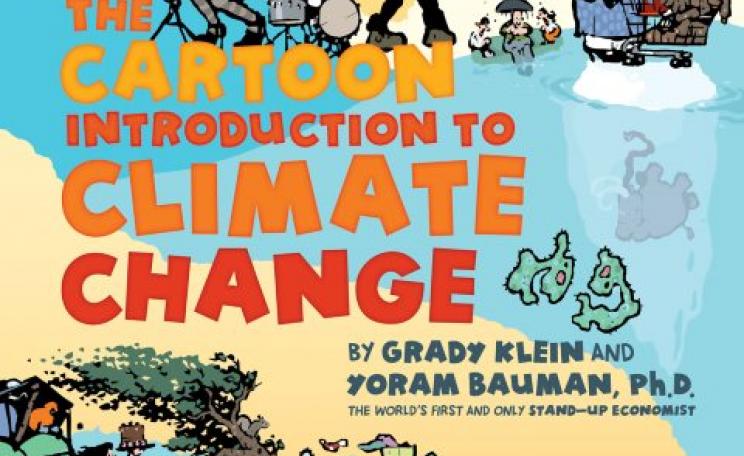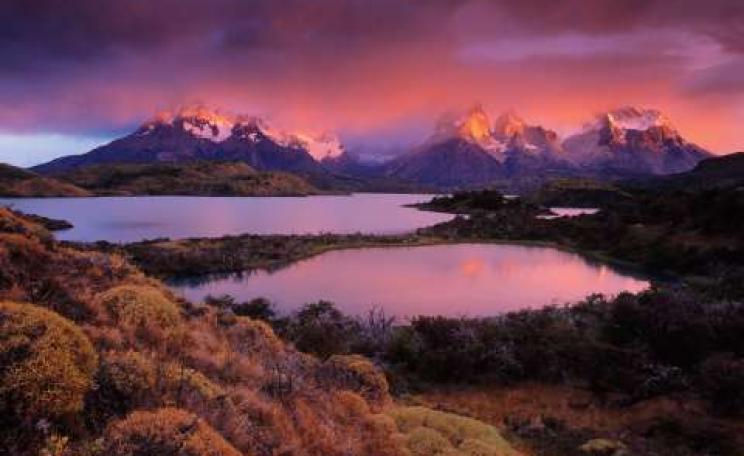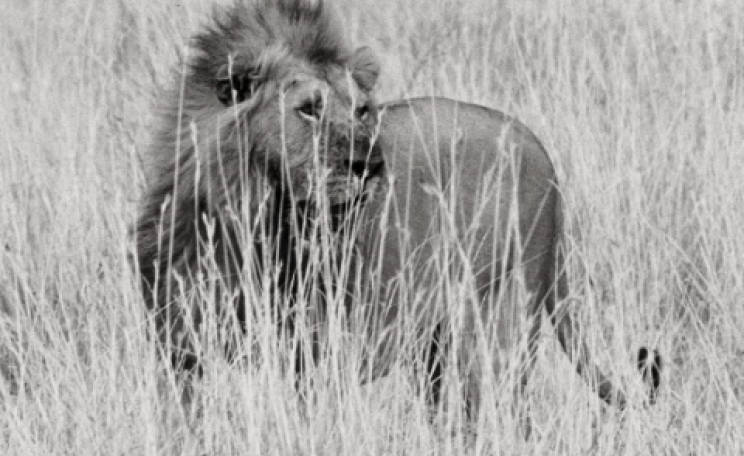From whom is the following a quote? "The world is sick and dying and we have to understand that. Earth is a living body; it has veins and blood. Damaging certain places is like cutting off a limb; it damages the whole body. You dig, you exploit the earth; if you knew she can feel, you'd stop; but you plunder her". Could it be a speaker holding forth on the subject of Earth energies at the Green Gathering Healing Field near Chepstow? Or is it perhaps a member of the Glastonbury Crystal Health Collective stumbling over an explanation of James Lovelock's Gaia theory?
Neither - in fact they are sub-titles from the revelatory film "Aluna" - translated comments made by several mamos (enlightened ones) of Colombia's Kogi people, gently railing against the ecocide committed over recent decades by ‘younger brother', ie anyone from outside their mountain plateau in the Sierra Nevada de Santa Marta, or perhaps more specifically, our ‘developed' world's large-scale corporate energy, mining and logging interests.
Without a written language - or, of course, the wheel - the approximately 20,000 Kogi are the last surviving remnant of a once great civilisation; their ancestors were contemporaries of the Mayans and Aztecs, with whom they traded. They believe that their purpose in life is to act as caring stewards of the World - and to maintain its natural functioning. Although their isolated mountain settlements remain mercifully untouched by the outside world, the Kogi's deep intuitive understanding of Earth's natural cycles means they are profoundly concerned about the malign effects on the planet wrought by the disruptive activities of ‘younger brother'.
Over the last twenty-five years or so, of all the TV programmes I have watched about ‘indigenous peoples/ isolated tribes' etc, one of the few snippets which remains lodged in my memory is from the first filmed contact with the Kogi in 1990, when they abandoned centuries of self-imposed isolation and caution to contact the outside world.
For them this amounted to a drastic initiative, so why did they take it? They had become frightened about the increasing difficulties of conducting their benign caretaker role, and so decided to approach ‘younger brother' to warn us about what we were doing: "the world is sick and dying, and we have to understand that". Afterwards they melted back into their high mountain retreats. As time passed, however, and realising that their warnings had gone unheeded, the Kogi re-emerged in 2011 to make a follow-up film re-emphasising the need for us to change course in order to avoid an approaching environmental apocalypse.
Many of us are already acutely aware of the imperative to change course. It is nevertheless both salutary and humbling for representatives of the 21st Century to be gently lectured about the errors of our ways by people whose belief systems may have remained essentially static for up to a thousand years. But then the planet's natural water cycle, of which the Kogi believe they are custodians, has existed for far longer. Thus as the film unfolds we become increasingly awed by the notion that they are somehow the keepers of humankind's environmental conscience.
Interestingly, their sage authority is unintentionally but pervasively emphasised by their clothes - long, pale natural fibre robes, complemented in some individuals by horizontally striped bags and similarly patterned, ogee-shaped woven hats. Hence the Kogi's appearance as a group is reminiscent of some learned order of medieval European monks. Indeed, if we were to push this idea further, the notion emerges of us having a folk-memory of reverence or semi-obsequiousness to a druidical caste who act as pastoral guiders of an unknowing populace.
We feel this unknowingness as "Aluna", the new film's title, and a rather elusive concept for conventional western mind-sets. To the Kogi it is the thought process without which nothing could exist, and which shapes and maintains reality. It's the source of life and intelligence, with a core message concerning the natural world's critical interconnections, which form a subtle and hidden network: "When time began, Se - the darkness, and mother and father of everything - laid a black thread linking special sites, but now younger brother is destroying many of these sites", (although it's doubtful whether an analogy may be drawn with Britain's ley lines).
So, if we interfere with one part of the network, it has a major impact on others. This explains why the mamos work at esuamas (‘places of authority') in remote mountain locations where they believe living energy pours into the world. "Esuamas connect the mountains with the shore - younger brother must stop causing damage or nature herself will finish us off", is merely one of their less Delphic utterances. Fortunately, Alan Ereira who was responsible for bringing both films to fruition, had spent sufficient time with the Kogi to interpret their mystical way of talking about the connections between the seas, the rivers, the lakes, and the land.
He explains that they have a more precise and specific understanding of the water cycle than we can appreciate: "The main thrust of their argument is that we do not understand the interconnections between different locations ....... and so cause extensive damage where we do not expect it". Significantly, in what is perhaps one of the film's key scenes, the essence of the Kogi's argument is confirmed as "quite right" by Oxford marine biologist Alex Rogers. It forms a heart-warming moment when his 21st Century scientific knowledge is linked by one of the mamos to their centuries' old intuitive understanding of the natural world's workings.
A practical example of that understanding has manifested itself in the Guachaca River Basin, which had been completely deforested by cocaine producers and cattle farmers. The river had almost dried up and the area was practically dead. Following its return to the Kogi, however, the basin had utterly changed within only twenty years - now there were forests, many animals, and the river was full again.
"The Kogi represent a treasure-house of preserved knowledge and culture and an extraordinary window into a world of traditional understanding that has elsewhere been swept away by our colonisation of land and minds, and by our own scientific and intellectual revolutions" says anthropologist Gerardo Reichel-Dolmatoff, adding "they wanted to make it clear that they have demonstrable knowledge of the world that they want to share with us".
It is to be hoped that the wide release of the film "Aluna" will not only aid that sharing, but help act as another spur for ‘younger brother' to alter course.
Edgar Vaid is a freelance film and book reviewer.







